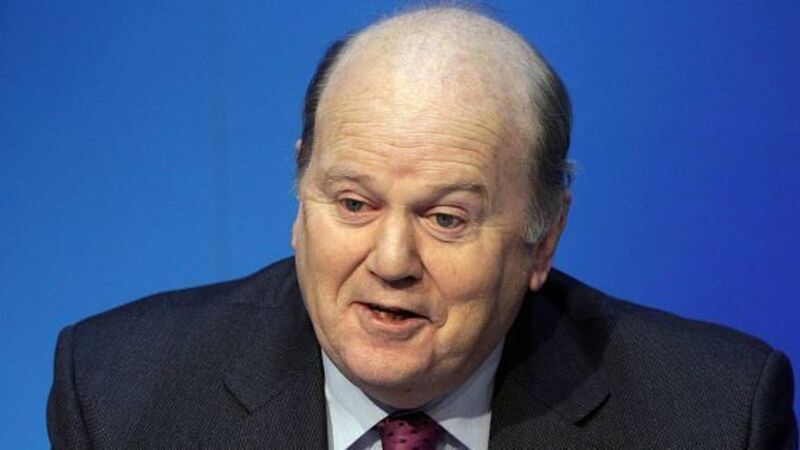Michael Noonan moves to close tax loophole for vulture funds

His announcement came as Central Bank chiefs revealed that assets valued at €300bn in Ireland have been bought by vulture funds and special investment firms.
The revelation comes as the Dáil prepares for an emergency debate today on the Apple tax ruling, which the Government expects will rubberstamp its appeal against the Brussels judgement.










